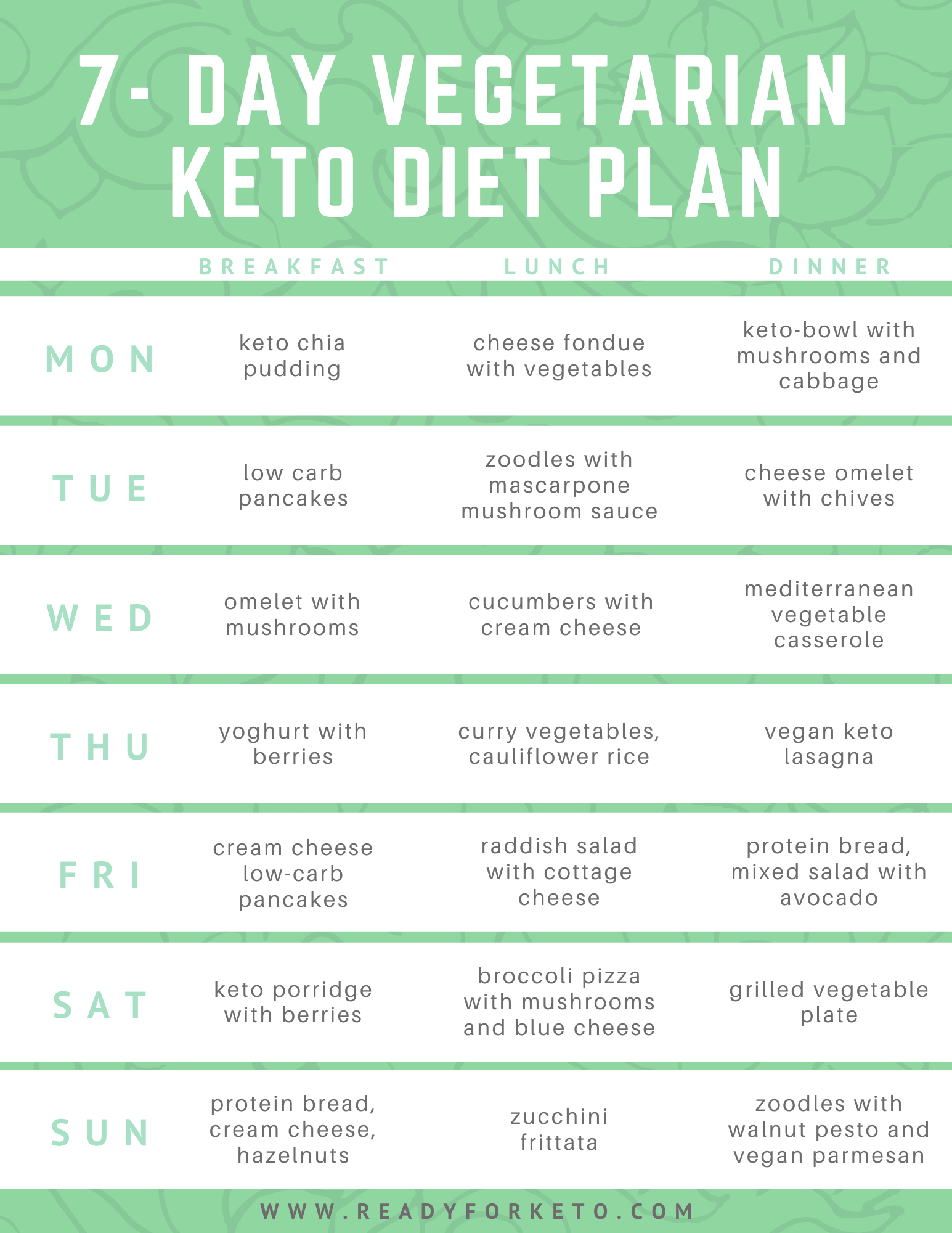In the modern era, the quest for the ultimate diet often feels daunting. Due to numerous choices at your disposal, with each claiming unique benefits, it can become difficult to find the best match for your dietary preferences. From weight loss plans to plans focused on heart wellness or gaining muscle, the realm of diets is diverse and varied. In the following sections, we will explore 10 creative dieting options that you might not have come across yet, diving into their unique features and how they could benefit you.
If you're trying to mitigate inflammation, control blood sugar, or adopt a more sustainable eating approach, there's a diet to discover tailored just for you. We'll cover everything from popular options like the flexitarian and uncooked food diets to specific eating strategies designed for specific medical needs. In conclusion, you'll not only be more informed about these diets but also insights into which one might align seamlessly with your wellness path.
Introduction of Popular Dietary Plans
The practice of dieting has transformed into a diverse landscape of choices, catering to varied preferences and goals. Among the most recognized is the Mediterranean diet, commended by health experts for its cardiovascular-friendly elements. This diet emphasizes whole foods, including fresh fruits, fresh vegetables, whole grains, nuts, and nutrient-rich fats like olive oil. It supports sources of lean protein such as seafood and chicken while limiting red meat and processed foods, making it a long-term lifestyle option rather than a strict eating program.
One more prevalent diet is the ketogenic diet, which shifts the body into a condition of ketogenic state by drastically cutting down on carbohydrate intake and elevating fat consumption. This method can lead to significant weight loss and improved energy levels for certain individuals, but it may not be appropriate for all. The Paleo diet focuses on consuming like our ancestors did, focusing on unprocessed foods and cutting out grain products, dairy, and beans. This diet is attractive to those seeking a natural approach to better nutrition.
Intermittent fasting has increased traction as a adaptable eating schedule rather than a conventional diet. This method involves cycling between periods of consuming food and fasting, allowing various approaches that can fit varied lifestyles. It may help improve metabolism and assist in weight loss, but outcomes can vary greatly among individuals. These popular diets each offer distinct benefits and challenges, encouraging individuals to explore what suits best their wellness objectives and way of living.
Understanding Custom Dietary Plans
Custom diets are crafted to address to distinct health needs or lifestyle choices, offering tailored nutritional approaches that vary from traditional diets. https://kermany.com/ can span from medical dietary interventions, such as the gluten free diet for individuals with celiac disease or the renal diet for those with kidney issues, to lifestyle-focused plans, like the FODMAP diet, which helps alleviate symptoms of irritable bowel syndrome. Opting for a tailored diet often entails close coordination with healthcare providers to confirm that nutritional needs are met while addressing specific health concerns.
A further unique category falls under specialty diets that are developed to encourage ethical eating or sustainability. The semi-vegetarian diet, for example, promotes plant-based meals without entirely removing meat, appealing to those wanting to decrease their animal consumption for health or environmental reasons. Likewise, the raw food diet focuses on natural and uncooked foods, focusing on fresh fruits and vegetables, which can match with those wanting to eat more wholesomely. Understanding the incentives behind these diets can help people opt for an method that fits with their personal values and health priorities.
Lastly, the design and execution of specialized diets demand careful consideration of individual needs and goals. It is crucial to acknowledge that while these diets can offer significant benefits, they also come with potential drawbacks. Overly restrictive eating patterns might lead to nutritional deficiencies or unhealthy eating habits. Therefore, it’s crucial to strike a balance between the specific dietary guidelines and overall nutrition, guaranteeing that any adopted specialized diet contributes positively to one’s health and lifestyle.
Selecting the Most Suitable Diet for Yourself
Selecting the best diet is a subjective journey that should reflect your individual lifestyle, health needs, and fitness goals. Begin by assessing what you want to accomplish—regardless of whether it's weight loss, muscle gain, or total health progress. Take into account your daily routine, food preferences, and any dietary restrictions you may have. This reflection will help you filter the options that align seamlessly into your life.
Investigate different diets to understand their principles and potential advantages. For instance, if you're curious in a balanced approach, the Mediterranean diet may serve you well, while those looking for quick results might consider the keto diet. Keep in mind to weigh the pros and cons of each plan, as certain may be more sustainable than alternatives in the long run. It's important to choose a diet that is not only successful but also satisfying and feasible for you to adhere to.
Finally, don't hesitate to consult a healthcare professional or nutritionist who can provide personalized advice tailored to your specific needs. They can help you sort through popular and trendy diets, ensuring you make informed decisions based on your health condition and lifestyle. The right choice should empower you to not only reach your goals but also maintain a healthy relationship with food.

